When Apple introduced the personal voice assistant Siri together with the Apple iPhone, it literally took everyone's breath away. People were excited about this news. Suddenly, the phone had the ability to communicate with the user and answer his questions, or even provide something straight away. Of course, Siri has evolved over time, and logically speaking, it should be getting smarter and better. But if we compare it with the competition, we won't be so happy with it.
It could be interest you

Siri has a number of errors and often cannot even cope with relatively simple instructions, which would not be a problem for Google Assistant or Amazon Alexa, for example. Let's therefore focus on why Siri still lags behind its competition, what are its biggest mistakes and what Apple could change, for example.
Imperfections of Siri
Unfortunately, the voice assistant Siri is not flawless. As its biggest problem, we could unequivocally label the fact that Apple is not working on it as much as we would probably like as users. We only get updates and news once a year at the most, with the arrival of the iOS operating system. So even if Apple wanted to improve something, it won't actually do it and will wait for the news. This is a huge burden slowing down innovation. Voice assistants from competitors are constantly improving and trying to offer their users only the best. The giant from Cupertino has chosen a different tactic with its Siri - one that doesn't exactly make sense twice.
If we look at Siri itself and the iOS operating system, we will see one very important similarity between them. In both cases, these are closed platforms. While we value this more or less with our iPhones, as we are more sure of our own safety, we may not be so happy with a voice assistant. In this case, we are starting from the competition, which is inclined to third-party applications, and this significantly pushes it forward. This is one of the biggest strengths of the Amazon Alexa assistant. Thanks to this, each user can, for example, check the balance on a bank account, order a coffee from Starbucks, or connect it to anything else that offers support through voice. Siri simply does not understand any extension, so we have to rely only on what Apple has made available to us. While it's not entirely apples to oranges, imagine not being able to install any third-party apps on your iPhone, Mac, or other device. A similar situation exists with Siri, although of course we cannot take it completely literally.
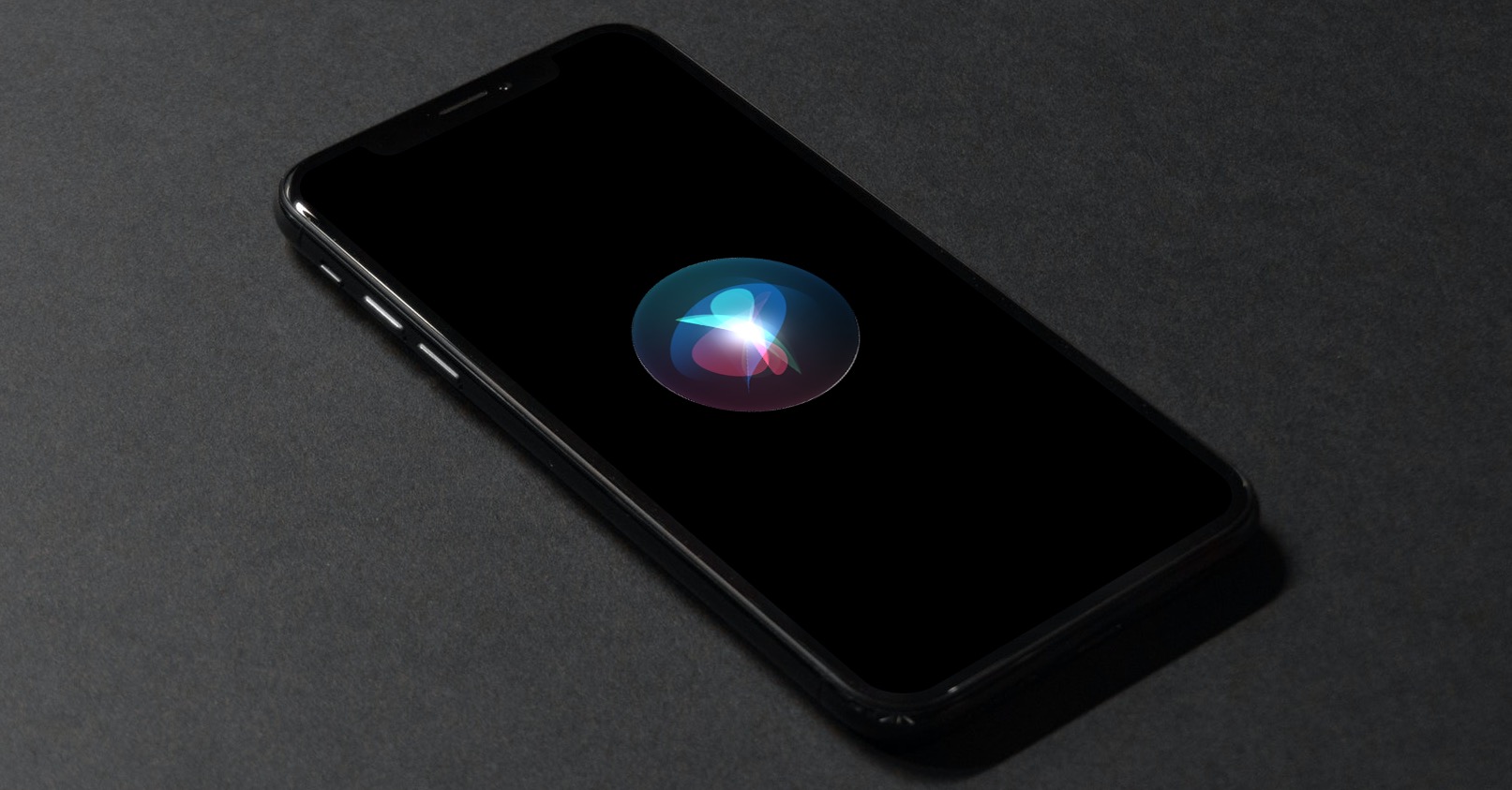
Privacy or data?
In conclusion, we still have to mention one rather important thing. For a long time now, there have been reports on discussion forums that Google Assistant and Amazon Alexa are ahead thanks to one rather fundamental fact. They collect significantly more data about their users, which they can then improve for their own improvement, or use the data to train good answers and the like. On the other hand, here we have Apple with its clearly defined policy emphasizing user privacy and security. Precisely because Siri doesn't collect as much data, it doesn't have as many resources to improve itself. For this reason, apple growers face a rather challenging question. Would you like a better Siri at the cost of stronger data collection, or would you rather settle for what we have now?
It could be interest you
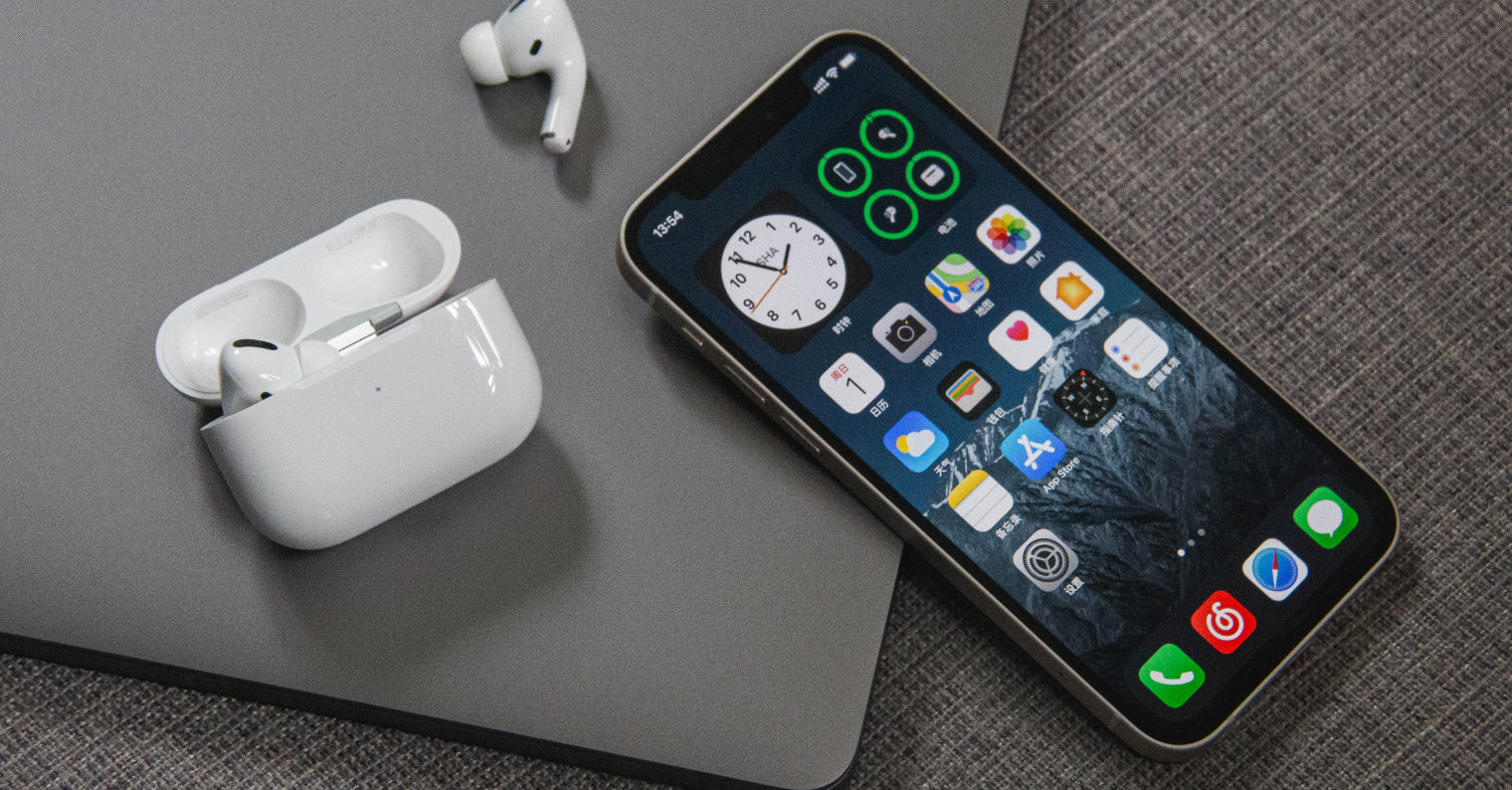
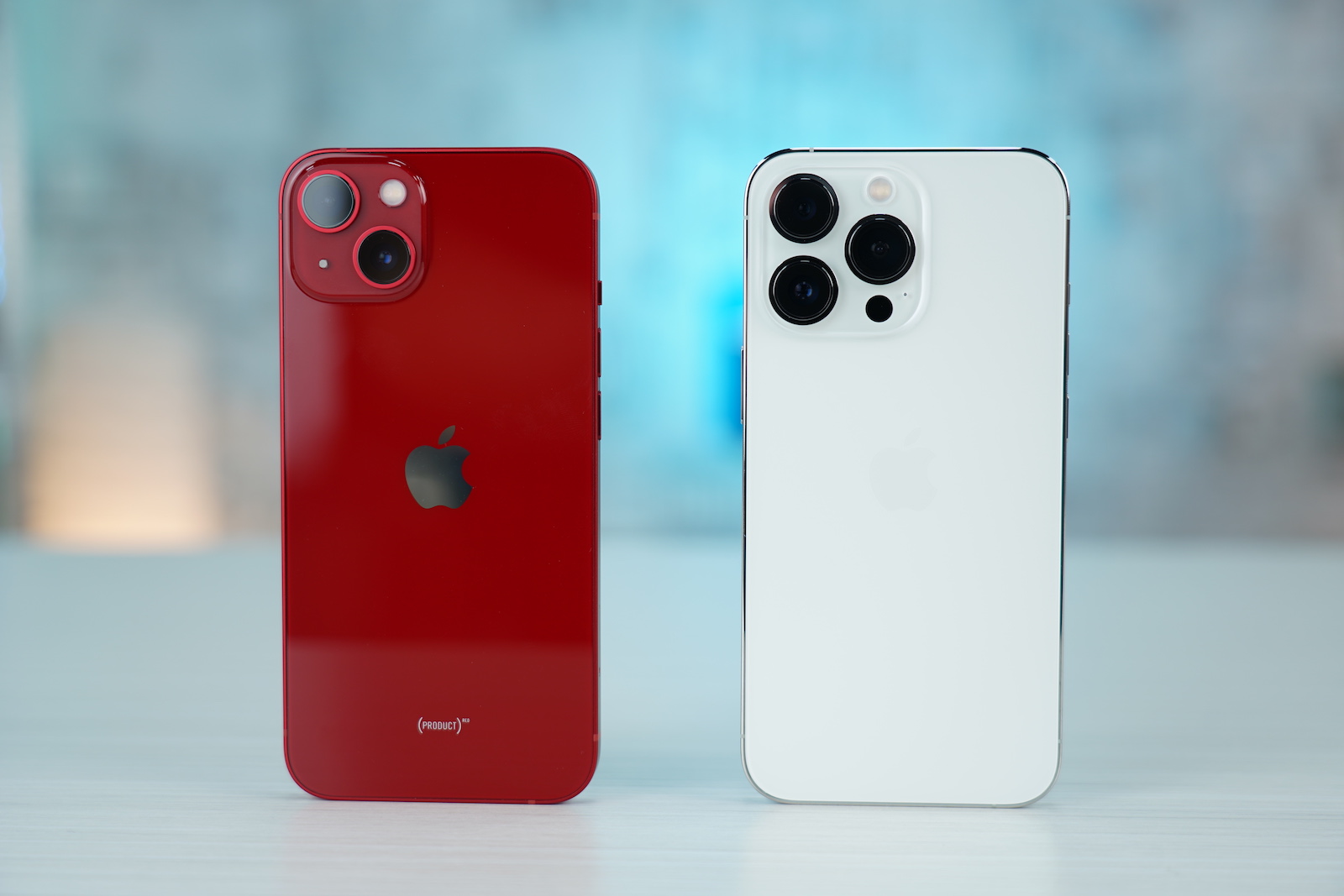
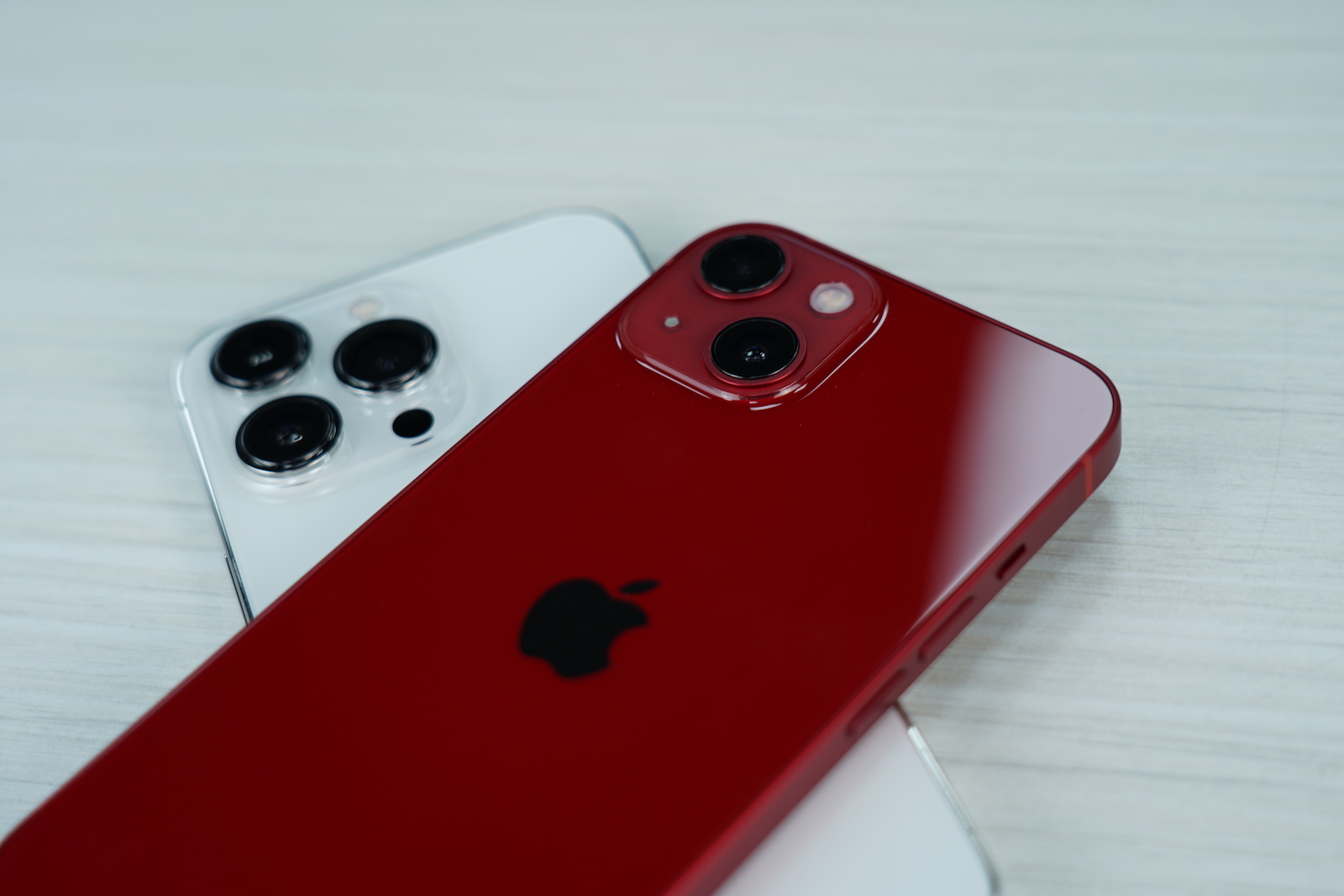
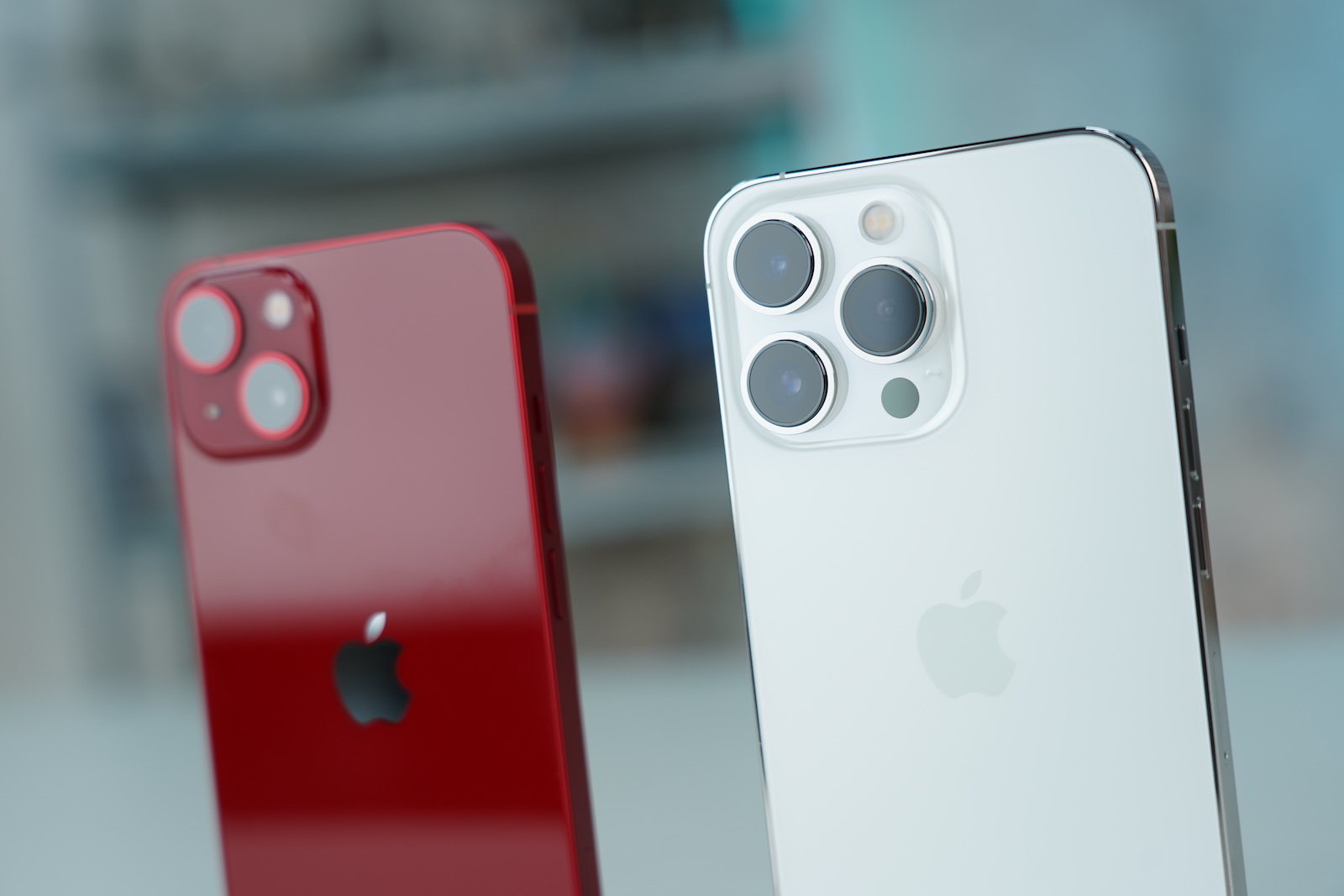
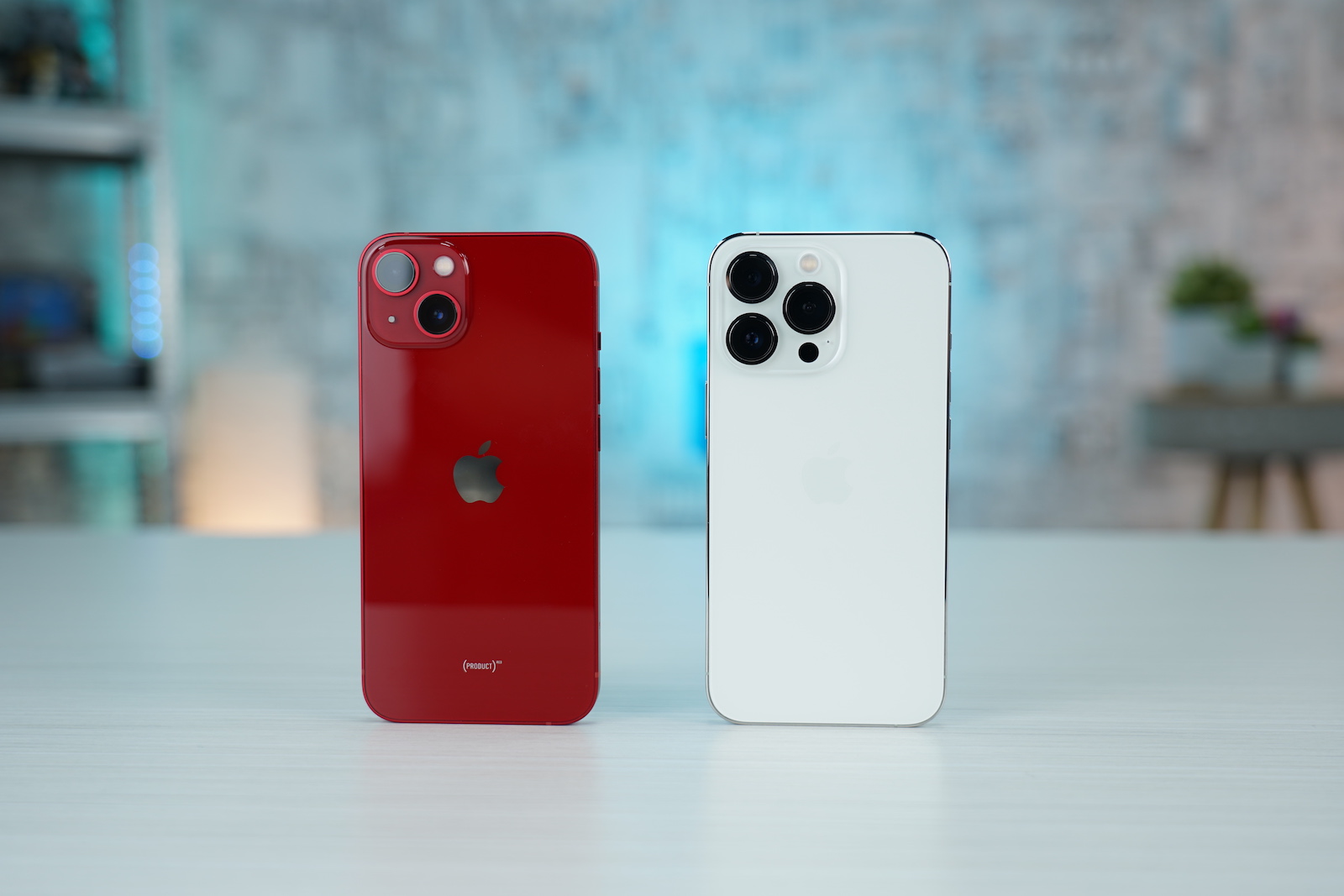
Definitely sucromia. For me personally, what Siri can do now is enough, the only thing missing is support for Slovak and Czech...
Exactly ditto
Exactly!
I completely disagree with this... Siri can be expanded with "skills" using Shortcuts, and it is iOS16 that adds automatic installation of Shortcuts from developers. I can already say "I need a ride home" and Siri will use Uber or another service. But not everyone can transfer the parameters... sl Siri Shortcuts applications, e.g. App in that Air, can tell information about the planned flight / gate / airport; or Outlook reads the entire inbox and archives emails, enters a follow-up, etc.